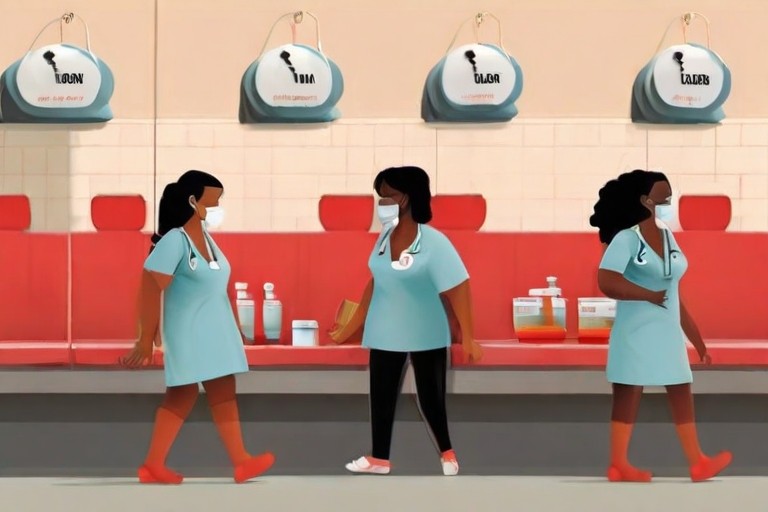The price tag of health insurance keeps climbing, and it’s taking a big bite out of American workers’ paychecks.
A new study from Tufts University shows that since the late 1980s, health insurance costs for those with employer-sponsored coverage have skyrocketed much faster than wages. By 2019, these rising costs were likely holding wages down by an average of around $9,000 a year.
This hidden drain on wallets isn’t hitting everyone equally. The study found that Black and Hispanic workers, along with those on lower incomes, are facing a bigger burden. On average, they’re spending a larger chunk of their earnings on health insurance premiums compared to white and higher-income workers. This adds to the gap in income inequality.
Employers are paying more for insurance instead of putting that money in workers’ pockets, says Dariush Mozaffarian, the study’s lead author. He warns that these hidden costs are even worse for people of color and low-wage workers, leading to less pay, heavier insurance burdens, and a wider income gap.
The researchers looked at national data on health insurance coverage from 1988 to 2019. They found that in 1988, health insurance premiums took up an average of 8% of total worker compensation (wages plus premiums). By 2019, that figure had nearly doubled to 18%.
If health insurance costs hadn’t grown so much, the average family with coverage could have had roughly $8,800 more in annual wages by 2019. The study also revealed that:
- Black and Hispanic families were losing a larger share of their wages to health insurance than white families.
- Lower-wage earners were getting hit the hardest, with those in the bottom 20% of income facing premiums that ate up nearly 29% of their compensation, compared to just 4% for those in the top 5%.
“The loss of $125,000 in wages due to rising premium costs over three decades is a real blow to families, especially those struggling financially,” says the study’s first author, Kurt Hager. “This is even worse for lower-paid workers and can trap them in a cycle of financial insecurity.”
Mozaffarian argues that these findings underscore the urgent need for a shift in U.S. healthcare policy. He calls for “a focus on prevention and lower-cost care” and emphasizes that “health insurance should be there to help people, not hold them back or widen the gap when it comes to wages and income.”
If our reporting has informed or inspired you, please consider making a donation. Every contribution, no matter the size, empowers us to continue delivering accurate, engaging, and trustworthy science and medical news. Independent journalism requires time, effort, and resources—your support ensures we can keep uncovering the stories that matter most to you.
Join us in making knowledge accessible and impactful. Thank you for standing with us!

